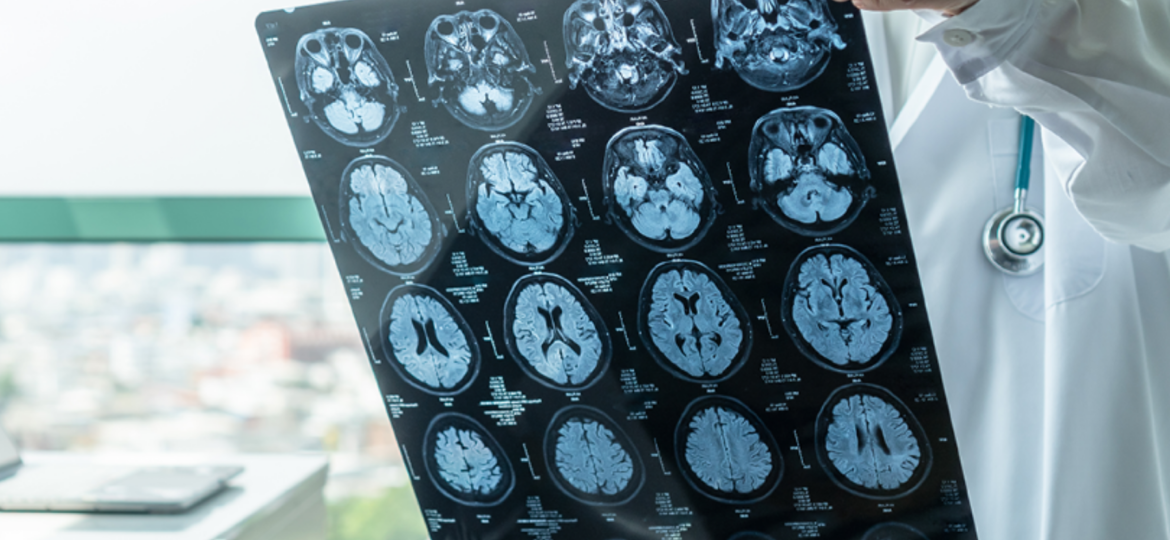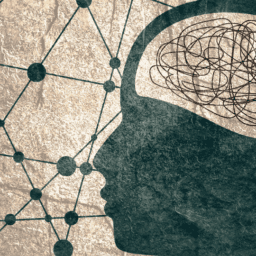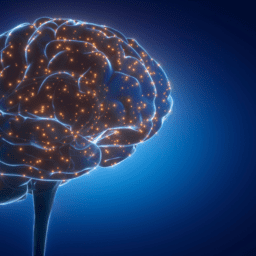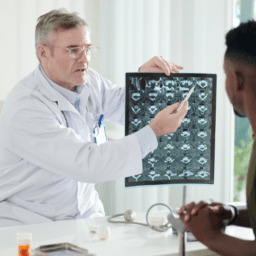In this episode, “Dementia and Later-Onset Parkinson’s,” Rodolfo Savica, MD, PhD, from the Mayo Clinic shares his expertise from more than two decades of experience working with people with dementia.
In this episode
Dr. Rodolfo Savica discusses:
- What dementia is and how it may or may not occur in people with Parkinson’s
- The potential causes of dementia
- How to treat dementia and preventative measures
To download the transcript, click here.
Show Notes
- Dr. Savica explains the difference between commonly confused terms:
- Cognitive decline, cognitive loss, and “brain fog”: These are all terms that mean our cognition is simply not what it used to. This may manifest as a slowness of thinking, general forgetfulness, or difficulty organizing information
- Mild cognitive impairment (MCI) and dementia: MCI and dementia are medical diagnostic terms used to define cognitive decline. Levels of cognitive decline exist on a spectrum, with MCI characterizing the mildest of symptoms and dementia characterizing the most severe
- MCI is memory loss that is noticeable but does not significantly interfere with with accomplishing day-to-day activities
- Dementia is memory loss severe enough that it significantly interferes with the accomplishment of day-to-day activities. Although the person with dementia may or may not be aware of the loss, it will be easily noticed by family and friends
- It is important to recognize that sometimes symptoms of cognitive decline may stem from treatable causes such as:
- A lack of sleep due a sleep disorder/disturbance
- Anxiety and/or depression
- Side effects of medications
- Another medical condition
- Cognitive decline naturally occurs as we age. So, although medical conditions may play a role in cognitive symptoms, it is important to recognize that they are not the only factor
- Dementia and other memory problems can be treated in various ways:
- Determine if the memory problems are caused by something other than Parkinson’s, and if so, treat that cause
- Optimize your Parkinson’s medications. Work with your doctor to ensure you are maximizing the effects of your meds
- Take additional medication. While medications to boost memory are uncommon, it would be worth consulting with your doctor to see if there are any that might help
- Undergoing regular neuropsychological testing may be helpful, as it can establish a baseline measurement of your cognitive abilities against which you can measure yourself as you age and your Parkinson’s progresses
- The best preventative measures to slow and or prevent cognitive decline are in line with general holistic health measures that help you live well and avoid other medical conditions. These include regular exercise, eating well, socializing, and doing activities daily that bring you joy
Additional Resources related to dementia and later-onset parkinson’s
YOPD: Dementia and Parkinson’s
Biology, Treatments, and Living Well Today with YOPD
Depression and Anxiety in Parkinson’s
The Difference Between Lewy Body Dementia, Parkinson’s, and Alzheimer’s
The Pathophysiology of Parkinson’s
The Mediterranean Diet for Parkinson’s
Live Well Today Webinar Series Presenting Partners*

*While the generous support of our sponsors makes our educational programs available,
their donations do not influence Davis Phinney Foundation content, perspective, or speaker selection.
Thanks for Listening!
To share your thoughts:
- Leave a note in the comment section below.
- Ask a question by emailing us here.
- Share this show on Facebook.
To help out the show:
- Leave an honest review on iTunes. Your ratings and reviews really help, and we read each one.
- Subscribe on iTunes.
Listen & Subscribe
Apple Podcasts | Stitcher
*The Third Season of the Parkinson’s Podcast is made possible through generous support in honor of Dr. Margaret Hilgartner.

















